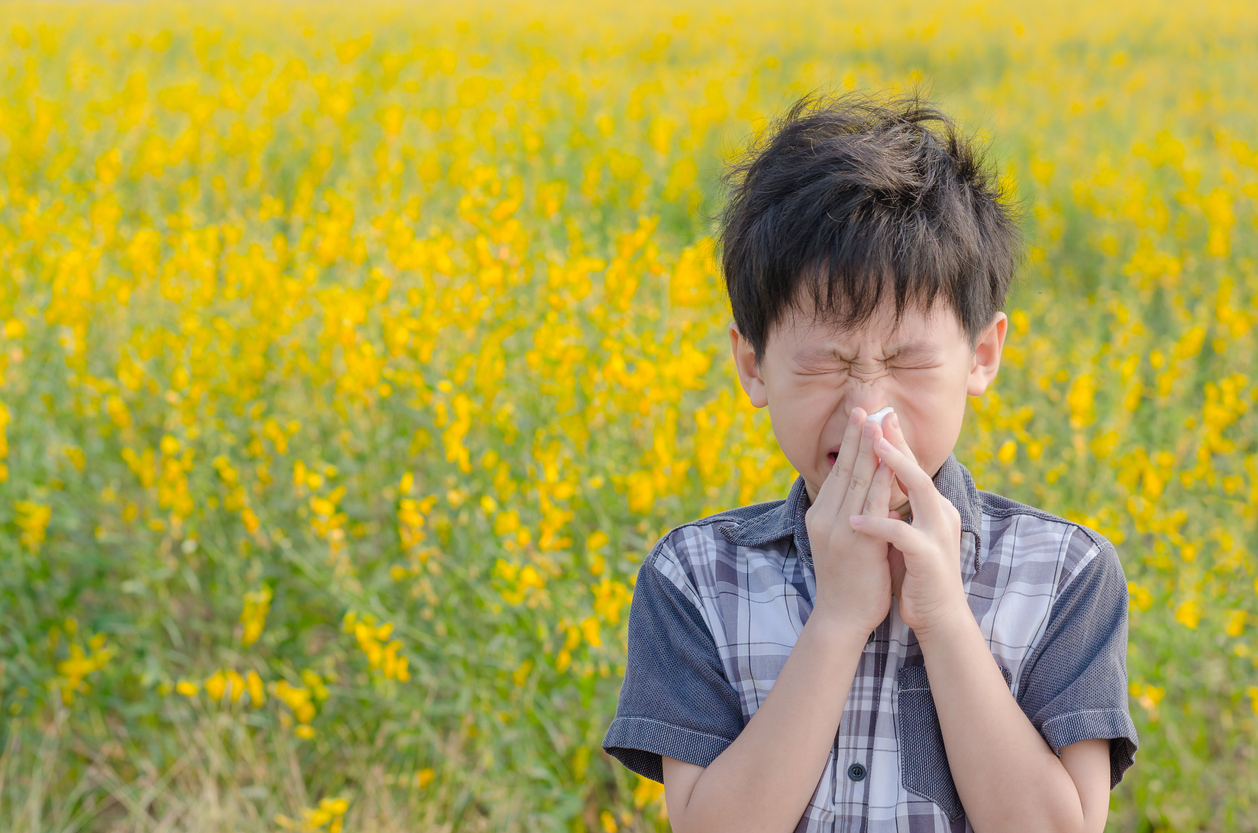As of 2001, around 35% of all children deal with some form of allergy. But what makes kids susceptible to allergies? A report published in Paediatrics Child Health shows that these numbers have been steadily increasing and may continue to increase. Therefore, as a parent, it pays to know a little about allergies and what may make your child susceptible.
The first step to protecting your children is visiting a top allergy specialist New York. Dr. Shukla is a pediatric pulmonologist who has helped countless parents and children better understand how to live safely with allergies.
What are Allergies?
Allergies are a symptom of your body trying to do its job. They occur when your immune system recognizes relatively harmless particles, like pollen or food, as a potential threat. Convinced that it has to expel the danger, your body triggers an immune response. The response can take a number of different forms depending on the nature of the allergen and the severity of the response.
- Very common ways that you might experience an allergy include:
- Watery eyes
- Nasal congestion
- A feeling of tightness in the throat and chest
Most of these immune responses are a result of your body trying to reject the invading particles, while the tightness you may feel is usually the result of inflammation. However, reactions aren’t exclusively respiratory. Your child may also break out in hives or develop eczema in response to an allergy as well.
Although it’s a totally natural response that is often associated with a robust immune system, moderate to severe allergies can do a whole lot more than make your child uncomfortable. A serious asthma attack or anaphylaxis could lead to hospitalization and even death. In fact, allergic reactions remain one of the leading causes of death among children. Therefore, if your child suffers from allergies, it is important that you treat it as a serious illness.
Identifying Allergies and Getting Help
Let’s look at why kids are susceptible to allergies. Allergies appear to be more dangerous to children for two reasons.
The family is often unaware of a serious allergy until the child first encounters it.
The child is unlikely to understand the danger associated with a known allergen. They may expose themselves to it when they aren’t under direct supervision.
To avoid these common pitfalls, it is important to identify potential allergens at a young age in a safe setting. Making an appointment with an allergist to test out common allergies with a scratch test is one way to prevent your child from discovering potentially dangerous allergies on their own.
Next Steps
Once you know whether your child has any serious allergic reactions, you should have your pulmonologist New York talk to them about their allergies and the dangers they present. Ideally, this conversation will give the child a strong enough understanding of the actual danger without scaring them. Listen to the way your pediatrician explains allergies and revisit the topic frequently at home.
Your next step is to look into treatment options. Your pediatrician will advise you on dealing with the allergy daily and what to do during an attack. Depending on the type and intensity of your child’s reaction, they may have to carry medication, an inhaler, or even an epi-pen to ensure their safety.
Keep Everyone Informed
If they do need to carry medication on them, then it is important that you inform their school and their teacher. Depending on the school’s policies, you may arrange to keep extra emergency supplies at the school nurse’s office. This can be especially helpful for young children who may struggle to take their medication on their own.
Children and Inhalers
Young children often struggle to use inhalers properly, and a nurse can’t breathe for them. As a result, many pediatric asthma doctors prescribe a nebulizer for young asthmatics. Sometimes called a breathing machine, the nebulizer transforms their medication into a mist, allowing the child to inhale it more easily over a treatment period. Based on your child’s symptoms and how well your child’s asthma is controlled, Dr. Shukla will help you to choose the best option for your child.

